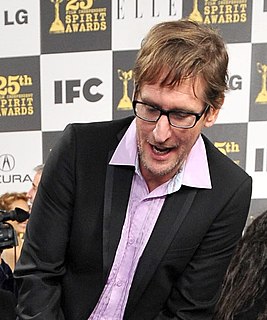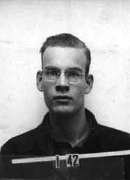A Quote by Ann Maxwell
Traditionally in crime fiction, women exist as a bedroom convenience or to screw up in order that the plot may progress. I wanted no part of that.
Related Quotes
I grew up reading crime fiction mysteries, true crime - a lot of true crime - and it is traditionally a male dominated field from the outside, but from the inside what we know, those of us who read it, is that women buy the most crime fiction, they are by far the biggest readers of true crime, and there's a voracious appetite among women for these stories, and I know I feel it - since I was quite small I wanted to go to those dark places.
Fiction writers come up with some interesting metaphors when speaking of plot. Some say the plot is the highway and the characters are the automobiles. Others talk about stories that are "plot-driven," as if the plot were neither the highway nor the automobile, but the chauffeur. Others seem to have plot phobia and say they never plot. Still others turn up their noses at the very notion, as if there's something artificial, fraudulent, contrived.
The great thing about fiction is that I don't have to settle on an answer to any troubling question, or even a solution. I hope that my stories serve as explorations and help show readers how and why real-life women don't always make the "correct" decisions in the face of economic and sexual troubles. We all screw up, but the women I write about don't have back-up plans or money in the back or resources to fix what they have broken.
There is nothing - no program, no hobby, no vice, no crime - that does not 'create jobs'. Tsunamis, computer viruses and shooting convenience store clerks all 'create jobs'. So that claim misses the plot; it applies to all so is an argument in favor of none. Instead of an argument on the merits, it is an admission that one has no such arguments.



































